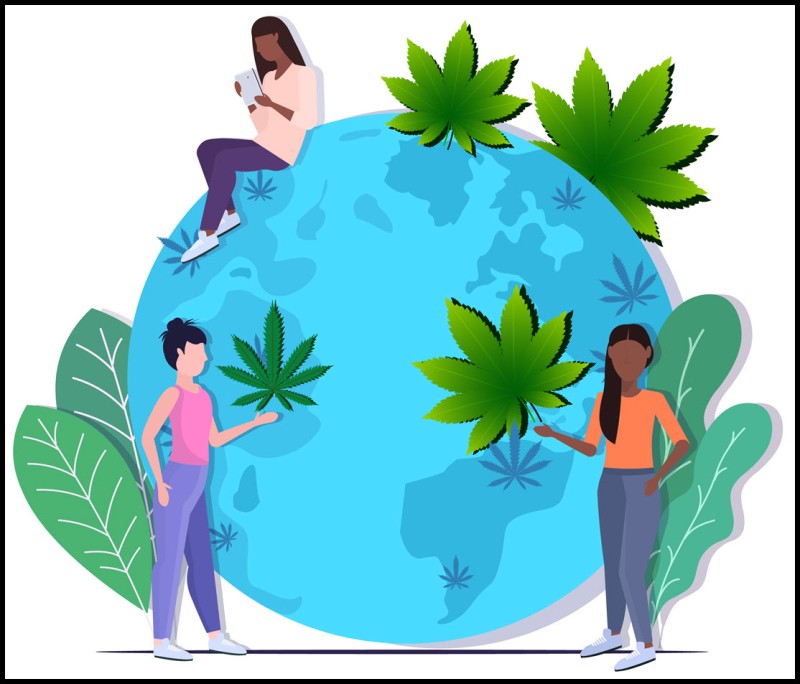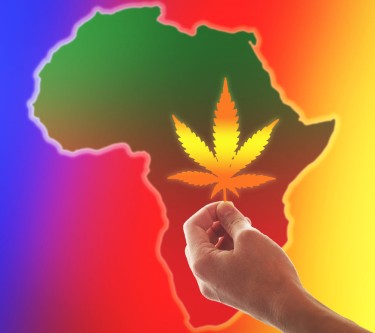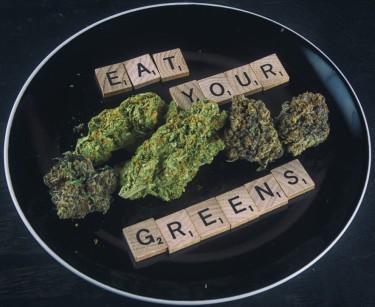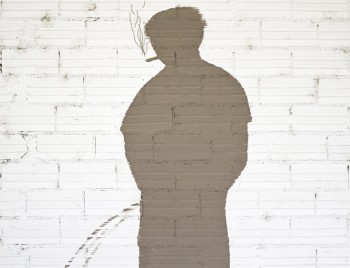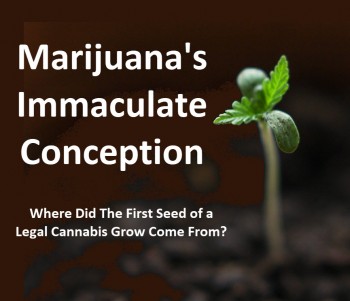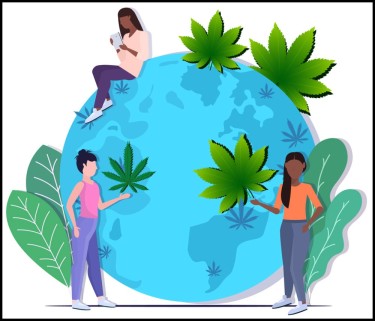
European Commission Sets Limit For THC In Hemp Food & Drink
The European Commission (EC), the agency that is responsible for cannabis laws for all European Union member states, has just released the set of guidelines regarding the highest THC limits that are legally going to be allowed in hemp seeds to be used in food and drinks.
The regulations were two-tiered; the first, authorized by the Standing Committee on Plants, Animals, Food, and Feed, mandates that oil extracted from hemp seeds shouldn’t have more than 7.5 mg/kg hemp. Meanwhile, the second tier states that if dried foods are to contain any hemp, like protein powders and hemp flours made from hemp seed, THC shouldn’t be more than 3mg/kg.
The European Industrial Hemp Association (EIHA) says that prior to these changes, no maximum limit has been imposed by the EU to be adopted by all countries. Before this, there were merely guidelines that were set by the European Food Safety Authority since 2015, though these were not legally binding. “No harmonized limits means it is impossible for operators to trade,” said Lorenza Romanese, EIHA Managing Director to FoodNavigator.
In addition, since there were no common limits set for the EU before this, there were some countries such as Italy who put stricter values in place, explained Romanese. “In Belgium, the approach was different. They had higher values. This would have meant Belgium would have to comply with Italy and any other Member States,” she said.
“This initiative finally puts an end to the internal market fragmentation and will likely give a further boost to investment in the sector,” said the EIHA.
Cannabis Grows In NZ Parliament Garden
After several weeks of illegal occupations that resulted in riots within the New Zealand parliament, cannabis seedlings have been found to sprout in the rose gardens.
The small green leaves were spotted and identified by a Wellington local who then posted what he found on social media. Though he preferred to remain anonymous, a groundskeeper for the parliament confirmed to RNZ, a national broadcaster, that the leaves were “a few cannabis seedlings” that some protesters were believed to have left behind, reports The Guardian.
“A lot of seeds had been scattered around, among other things left from the protesters,” they said.
Cannabis plants are still illegal in New Zealand, and have since been pulled out after house speaker Trevor Mallard called for “the weed to be weeded.”
The protests which lasted 23 days didn’t have anything to do with cannabis; these were actually oppositions against vaccine mandates though sadly they ended in a violent riot.
Easier Access to Cannabis Results in Higher Consumption Rates in Australia
According to the Therapeutic Goods Administration (TGA), prescriptions for MMJ in Australia doubled in the last two years, with 2021 seeing over 122,000 prescriptions being written. These are significant increases within just a few years, considering that back in 2018, there were only some 2,500 prescriptions that were written, reports ABC Australia.
According to Melbourne GP Vicki Kotsirilos, who was the first authorized GP prescriber of MMJ in the country, MMJ prescriptions have grown primarily because TGA has streamlined their application process, and the patient numbers have jumped. “It was exceptionally hard in the beginning. I was not able to get very many patients,” she said. “Since the end of 2018, the TGA introduced an online permit system, and extended the duration of permits from three to six months to one year, and now even up to two years,” she explained.
She went on to add that a permit for all medical cannabis products were required though now they are generally prescribed. This means that a GP is allowed to prescribe a product only if it belongs on an approved cannabinoid category, such as CBD treatment for the specific patient. Currently, there are only two cannabis-based medicines that have been approved for the Australian Register of Therapeutic Goods. One of them is for treating rare and drug-resistant forms of epilepsy while the other is a treatment for multiple sclerosis.
Bermuda May Soon See Cannabis Legalized
A controversial bill has just passed in Bermuda’s House of Assembly, and if it gets the Governor’s Royal Assent, it will be legal to grow and sell marijuana, reports the Royal Gazette.
The bill, called the Cannabis Licensing Act 2022, would create a regulated structure for cannabis to be grown and sold. It would entail several licenses to be acquired through a licensing authority, which would then enable people to possess more cannabis as well as harvest, grow, export, and sell it. The bill, introduced by minister for home affairs Walter Roban, who said that the illegal status of marijuana was “an unjust colonial legacy” and proof of “systemic racialized disparities”.
Mr. Roban, who was proxying for Attorney-General Kathy Lynn Simmons, said that policy changes have been long overdue. “We need radical new thinking – increasingly legalization is not that radical at all,” he said. He also goes on to explain that consultation with the public has shown “an overwhelming appetite for changes in our cannabis laws – the public accepts there should be changes to the regime.”
Currently in Bermuda, it’s illegal for anyone to possess over 7 grams of cannabis. However, even if the bill is passed, smoking marijuana in public is still going to be illegal except in areas that have been designated specifically for the act. Additionally, it’s still going to be illegal to sell the drug to any minor under 21 years of age.
MORE CANNABIS WORLD UPDATES, READ THESE...
THE AFRICAN CANNABIS NEWS REPORT, READ ABOUT IT HERE!

